Preventing & Addressing Violent Radicalisation and Extremism
- Explore the role, potential and limitations of restorative justice and pilot community-led initiatives for preventing individuals at risk of violent radicalisation with an emphasis on young people
- Increase awareness around alternative, positive approaches to violent radicalisation and extremism using Gavrielides' preventative model.
- Deepen and strengthen the relationship between human rights and violent radicalisation by creating bridges and negotiating solutions for policy making
- Network and connect researchers, policy makers, practitioners, educationalists and users in the area of violent radicalisation, human rights and restorative justice from across the world.
Programme Activities
- Carry out fieldwork
in the form of original qualitative and quantitative research and publish the results in various formats including:
-
Peer reviewed articles
- Ebooks
- Blogs,
online publications and social media.
- Join and support other projects and initiatives by writing papers, presenting results and providing expert advice.
- Hold events and create an online network of practitioners, researchers and policy makers encouraging debate and the exchange of knowledge.
- Carry out projects of national and European scale to pilot RJ4All's hypothesis for a positive approach to violent radicalisation.
Projects, engagements & trainings
-
My Voice - My Life
Photo By: John DoeButton -
Erasmus RDaVR project
Photo By: John DoeButton -
Erasmus RADEX project
Photo By: John DoeButton -
CPD ecourse: Preventing violent youth radicalisation: A restorative justice and human rights approach
Photo by: John DoeButton -
Free e-course: Building Youth Resilience
Button -
Special Issue: Violent Youth Radicalisation: Perspectives and Solutions
Button -
18TH INFORMAL ASEM SEMINAR ON HUMAN RIGHTS: “HUMAN RIGHTS AND PREVENTION OF VIOLENT EXTREMISM
Button
A POSITIVE APPROACH
Youth Empowerment & Innovation Project
As part of his work against violent radicalisation and extremism, Dr. Gavrielides carried out YEIP, which was a 3-year Erasmus+ funded programme that aimed to design a youth-led, positive policy prevention framework for tackling and preventing the marginalisation and violent radicalisation among young people in Europe. The project started in March 2017 and ended in February 2020.
Led by young people, YEIP was delivered in partnership with 18 partners results from seven EU countries. It constructed and tested an innovative, policy intervention model that was founded on the principles of restorative justice, positive psychology and the Good Lives Model (GLM). You can find out more via YEIP's dedicated website and Facebook page.
- Gavrielides, T. (2022) Restorative justice & Violent Radicalisation in criminal justice settings. A training handbook, London: RJ4All Publications, ISBN: 978-1-911634-61-4. DOI: 10.13140/RG.2.2.22380.44166.
- Gavrielides, T. (2022) A positive prevention approach to violent youth radicalisation: advanced level 2 training handbook, London: RJ4All Publications. ISBN: 978-1-911634-65-2. DOI: 10.13140/RG.2.2.18533.47843.
- Gavrielides, T. (2022) Research findings on violent youth radicalisation in the UK, Cyprus, France, Greece and Belgium, London: RJ4All Publications, ISBN: 978-1-911634-54-6.. DOI: 10.13140/RG.2.2.32794.11207.
- Gavrielides, T. (2022) Restorative justice & Violent Radicalisation in criminal justice settings: a comparative overview from the UK, Italy, Turkey, Spain, Ireland and Romania, London: RJ4All Publications, ISBN: 978-1-911634-62-1.
- Gavrielides, T. (2021) "Power, fear and security: The terrorist within" in Gavrielides, T. (Eds)
Power, Race & Restoration: The dialogue we Never Had. Abingdon: Routledge.
- Gavrielides, T. (2020). “Violent Youth Radicalisation in Europe: The youth-led model”, Internet Journal of Restorative Justice, ISBN: 978-1-911634-22-5
- Gavrielides, T. (2020) New Directions in Preventing Violent Youth Radicalisation, London: IARS. ISBN 978-1-907641-64-0.
- Gavrielides, T. and Santiago, I. (2018). Human Rights and Violent Extremism, 18th ASEM Informal Human Rights Seminar, Indonesia: ASEF.
- Gavrielides, T, Nemutlu, G and A.M. Șerban, (2018). Human Rights Education and Youth Work, Estonia: Youth for Human Rights.
- Gavrielides. T (2018) "Pull and Push factors of violent extremism", Workshop 18th ASEM informal Human Rights Seminar, Indonesia: ASEF.
- Gavrielides T. (4-8 November 2018), 18th Human Rights Seminar, A European story of facts and fiction, Yogyakarta, Indonesia.
- Gavrielides, T. (3-5 May 2018). Restorative Justice & Radicalisation: From theory and practice, 2nd Bi-annual International Conference on Restorative Justice, Tehran - Iran. To read the Abstracts that were discussed at the 2nd Biennial International Conference on Restorative
- Justice: Restorative Justice as a Bridge between Silk Road Civilizations" click here
- Gavrielides, T. (2018). “Street group violence and restorative justice”, Unitedworld Law Journal, Vol 2, Issue: I, ISSN: 2457-0427.
- Gavrielides, T. (2018). Youth radicalisation, restorative justice and the Good Lives Model: Comparative Findings from seven countries, London: IARS Publications, ISBN: 978-1-907641-48-0.
- Gavrielides, T. (2018). Human Rights and Restorative Justice, London: RJ4All Publications. ISBN 978-1-911634-00-3.
- Gavrielides, T. (2018). Equality Matters for Restorative Justice, London: RJ4All Publications. ISBN
- Gavrielides, T. (9-10 May 2017), The terrorist within & restorative justice, Conflict in Europe: Meeting the challenge IIRP Conference, Dublin, Ireland
- Gavrielides, T. 3-5 April 2017, A youth-led approach to radicalisation and insecurity: An alternative vision for social cohesion, The MARGIN project Final conference, Horizon 2020 Budapest, Hungary.
- Gavrielides, T. (2016). “The terrorist within: from a restorative lens”, Special Issue Justice Report – Guest Editor Winterdyk, J., Canadian Criminal Justice Association
- Gavrielides, T. (2016). "The Death of Democracy and the Forces of Power and Control: The Case of Europe". Social Sciences Journal. 5(3), pp. 42; doi:10.3390/socsci5030042.
- Gavrielides, T. and Worth, P (2014). “Another push for restorative justice: Positive psychology & offender rehabilitation” in Crime: International Perspectives, Socioeconomic Factors and Psychological Implications, New York: Nova Science Publishers.
- Gavrielides, T. (2012). “Contextualising Restorative Justice for Hate Crime”. Journal of Interpersonal Violence Vol 27, Issue 18, pp. 3624 – 3643. https://doi.org/10.1177/0886260512447575
- Gavrielides, T. (2010) “The new politics of community cohesion: Making use of human rights policy and legislation”, Vol 38: 3 Policy & Politics, pp 429-445. ISNN0305 5736.
Restorative Justice for All International Institute (RJ4All)
The RJ4All Rotherhithe Community Centre, 30 Plough Way London SE16 2LJ, UK
admin@rj4all.org | +44(0)7708758600 or 07795678904








